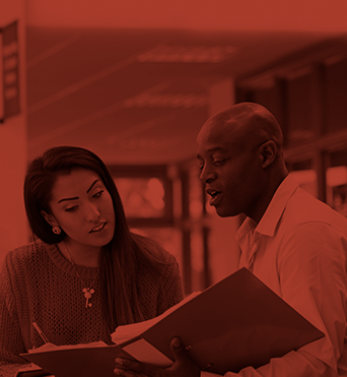The U21 Employability Group, led by the University of Queensland, is delighted to launch their self-reflection toolkit, designed to support staff, students and alumni to integrate self-reflection into their academic journey. In a difficult year, where international student and staff mobility has been almost impossible, the opportunities to undertake internships or to study abroad have been severely limited. In turn, this has hindered students’ opportunities to develop those key employability skills through traditional methods. However, it has also led to significant innovation in delivering the traditional curriculum in new and exciting ways.

Research published by U21 in 2020 demonstrated that supported reflection can play an important role in encouraging greater student self-awareness and helping students to think about the impact and benefits of extra-curricular activities, such as virtual mobility, on their personal development[1]. Professor Bairbre Redmond, former Provost of U21 and one of the authors of the report, observed; “Providing students with planned, post-experience reflective opportunities was important in helping them to recognise, appreciate and process their experiences. The study concluded that the provision of well-designed reflective resources was fundamental to improving students’ awareness of the benefits of their experiences and their ability to ‘market’ their enhanced skills when entering the job market. The findings of this research led to the development of the U21 Self Reflection Toolkit by the U21 Employability Group.”
The toolkit includes guidance for staff, students and alumni on how to effectively reflect on their experiences, helping them to determine where they currently sit in their employability journey, and helping to identify what steps can be taken to ensure continual development.
Dr Dino Willox, Chair of the U21 Employability Group and lead of the project at the University of Queensland, added “We know that global mobility enhances academic performance and graduate outcomes, but we also know that maximising this development is achieved through a guided reflective process.
Self-reflection is a vital part of our personal and professional learning journeys: this toolkit provides examples and case studies to guide people through this process to make the most of any enrichment experience.
In the current climate of restricted travel opportunities, this self-reflection element is even more critical: by reflecting on our experiences – all of them – we can identify the value of that experience and transfer that value into different situations, enhancing our employability.”
No prior knowledge of reflective practice is required to use the toolkit, which provides a comprehensive overview of how to practice self-reflection, case studies of where self-reflection has been used in different contexts across the U21 network and specific resources for students, facilitators and alumni. U21 hopes these resources will enable more students, staff and alumni to reflect on their experiences within and outside of the network and to achieve their international ambitions.
The toolkit can be accessed by clicking here.
[1] Brandon, A., Heterington, C. and Redmond, B. (2021) ‘Exploring the impact of student mobility and extracurricular engagement on academic performance and graduate outcomes’ in B. Broucker, R. Pritchard, G. Melin and C. Milsom. (eds) Sustaining the Future of Higher Education, Leiden: Brill Publishers.
Access the Self Reflective Toolkit
- Date
